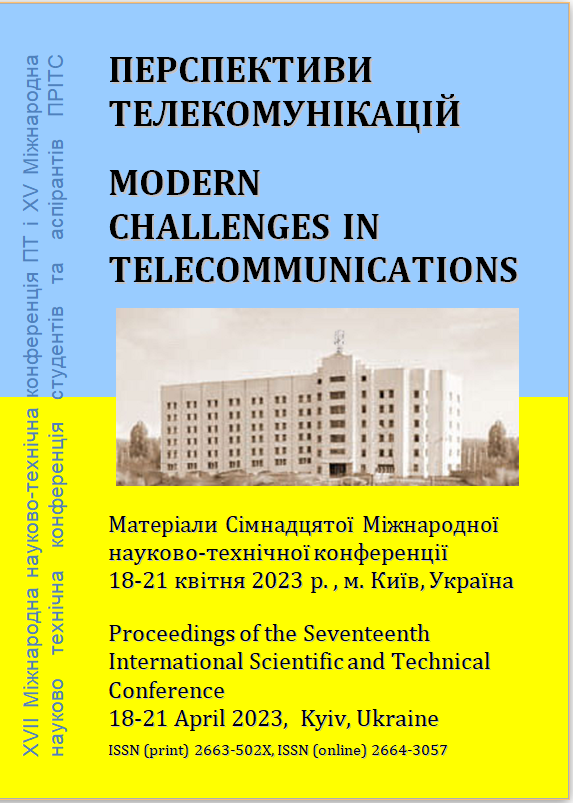ОПТИМІЗАЦІЯ ВИКОНАННЯ ЗАПИТІВ У РЕЛЯЦІЙНІЙ СИСТЕМІ УПРАВЛІННЯ БАЗАМИ ДАНИХ
Анотація
В роботі запропоновано удосконалений метод оптимізації SQL запитів у випадку якщо швидкість вибірки даних почала просідати за часом, який використовує заміну оператора IN на тимчасову таблицю та використовує не кластеризований індекс, що дозволяє на відміну від існуючих пришвидшити вибірку за рахунок зменшення логічних звернень.Посилання
M. L. Rupley, “Introduction to query processing and optimization,” Indiana University, South Bend, South Bend, IN, USA, techreport TR– 20080105–1, 2008.
R. Bhajipale, P. Bisen, A. Meshram, and S. S. Thakur, “SQL tuner,” International Journal of Computer Trends and Technology, vol. 33, no. 1, pp. 29–32, 2016.
P. Karthik, G. T. Reddy, and E. K. Vanan, “Tuning the SQL query in order to reduce time consumption,” International Journal of Computer Science Issues, vol. 9, no. 4/3, pp. 418–423, 2012.
J. Habimana, “Query optimization techniques – tips for writing efficient and faster SQL queries,” International Journal of Scientific & Technology Research, vol. 4, no. 10, pp. 22–26, 2015.
R. Sahal, M. Nihad, M. H. Khafagy, and F. A. Omara, “iHOME: Index based JOIN query optimization for limited big data storage,” Journal of Grid Computing, vol. 16, no. 2, pp. 345–380, 2018.
M. Sharma, “Query optimization using SQL transformations,” International Journal of IT, Engineering and Applied Sciences Research, vol. 1, no. 1, pp. 100–104, 2012.
Phil Factor Тимчасові таблиці URL: https://www.red-gate.com /simple-talk/sql/t-sql programming/temporary-tables-in-sql-server/.
Єрмолаєв, О. Д. Метод оптимізації SQL запитів : дипломна робота … бакалавра : 172 Телекомунікації та радіотехніка / Єрмолаєв Олександр Дмитрович. – Київ, 2021. – 56 с.
##submission.downloads##
Опубліковано
Як цитувати
Номер
Розділ
Ліцензія

Ця робота ліцензується відповідно до Creative Commons Attribution 4.0 International License.
Authors who submit to this conference agree to the following terms:a) Authors retain copyright over their work, while allowing the conference to place this unpublished work under a Creative Commons Attribution License, which allows others to freely access, use, and share the work, with an acknowledgement of the work's authorship and its initial presentation at this conference.
b) Authors are able to waive the terms of the CC license and enter into separate, additional contractual arrangements for the non-exclusive distribution and subsequent publication of this work (e.g., publish a revised version in a journal, post it to an institutional repository or publish it in a book), with an acknowledgement of its initial presentation at this conference.
c) In addition, authors are encouraged to post and share their work online (e.g., in institutional repositories or on their website) at any point before and after the conference.

